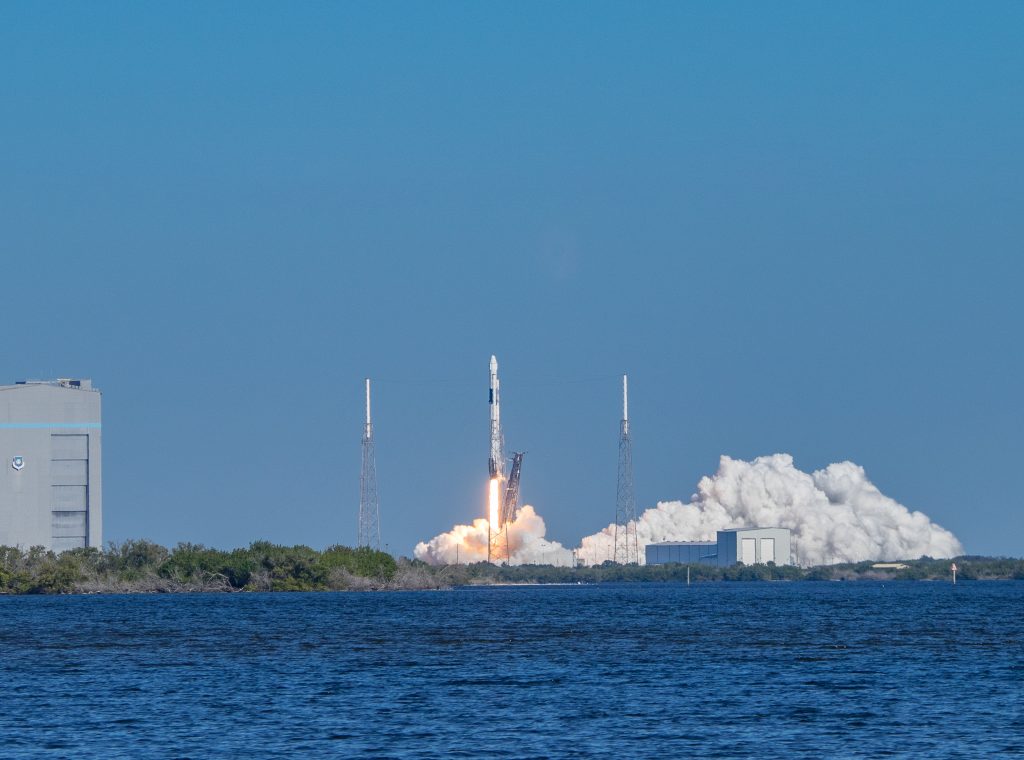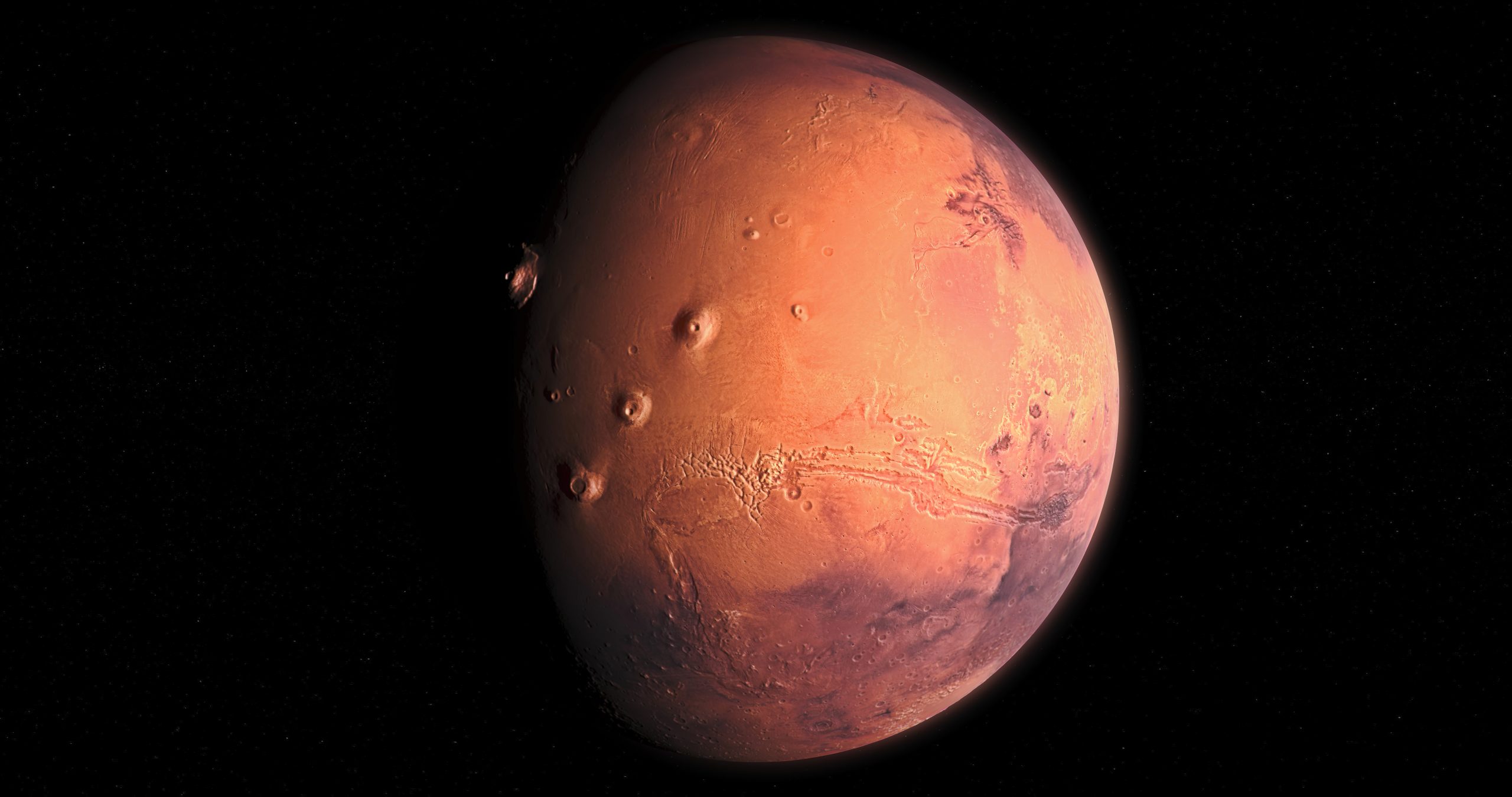Mars colonization: The quest to establish a human presence on the Red Planet. The thought of stepping foot on the Red Planet has captivated us for decades. And as technology advances and our knowledge of space increases, it seems like Mars colonization is becoming more and more feasible.
From NASA’s current plans to send human explorers to the planet’s surface in the mid-2030s, to private enterprises such as SpaceX working towards making interplanetary travel a reality – it’s an exciting time for space enthusiasts everywhere!
But why are we so fascinated with this barren alien world? What makes Mars so special compared to other planets in our solar system? And what are some of the challenges that come with establishing a sustainable human presence on the Red Planet?
In this article, we’ll dive into all things related to Mars colonization – from its history and current state of exploration, to potential benefits and risks involved. So grab your spacesuit, buckle up your seatbelts, and let’s take off on an adventure through outer space!
Mars colonization: The quest to establish a human presence on the Red Planet

The idea of colonizing Mars has been around for decades, but it’s only recently that the possibility seems within reach. With private companies like SpaceX and government agencies like NASA investing heavily in space exploration and technology, we may see humans on the red planet sooner than we think.
Mars colonization is not just about planting a flag or exploring a new world; it’s about establishing a permanent human presence on another planet. This would be an incredible achievement in human history and would open up limitless possibilities for scientific research, resource utilization, and even interplanetary travel.
SpaceX CEO Elon Musk has been at the forefront of this effort with his ambitious plan to send humans to Mars by 2026. His company is working on developing reusable rockets and spacecraft that can transport large numbers of people to space at once. NASA also has its sights set on Mars colonization with its Artemis program which aims to establish a sustainable presence on the moon before moving onto Mars.
Regardless of who gets there first or how they do it, one thing is clear: Mars colonization will be a major milestone in human history and could pave the way for even greater achievements in space exploration and travel.
Elon Musk bringing us to Mars with SpaceX?

Elon Musk and SpaceX have been leading the charge in the push for Mars colonization. In fact, the company’s long-term goal is to establish a self-sustaining city on Mars.
To achieve this goal, SpaceX has been working on its Starship spacecraft which is designed to carry up to 100 people to and from Mars. The spacecraft will be fully reusable which means that it can be used repeatedly for multiple trips.
While NASA has also been working towards sending humans to Mars, Elon Musk’s vision and drive have certainly helped bring more attention and resources towards making Mars colonization a reality. It’s an exciting time for space travel enthusiasts as we watch these developments unfold.
With SpaceX leading the way, it’ll be interesting to see what other advancements are made in terms of technology and planning when it comes to establishing a human presence on Mars.




Leave a Reply